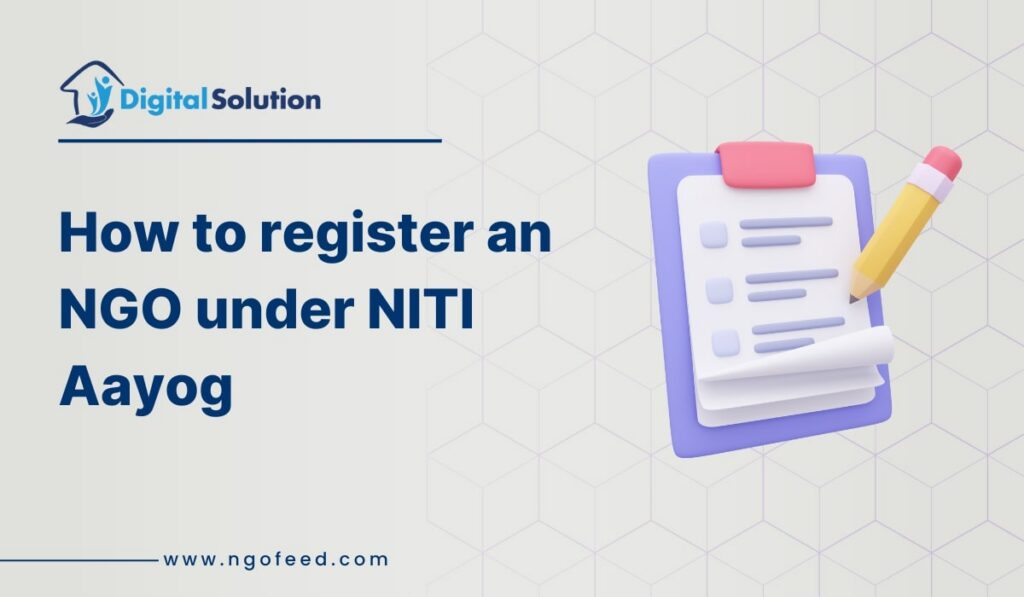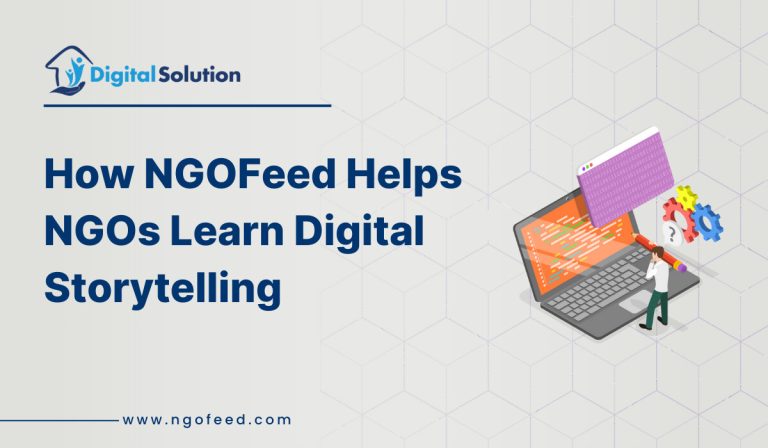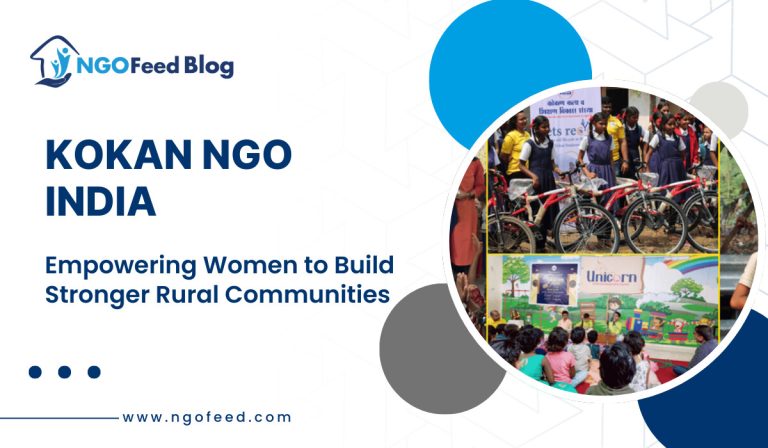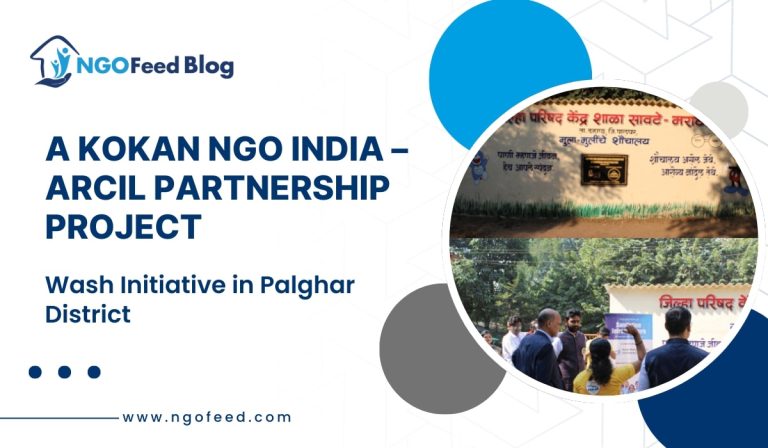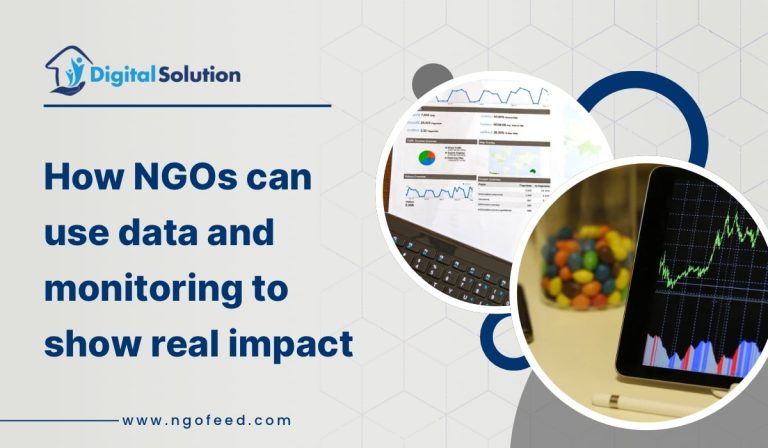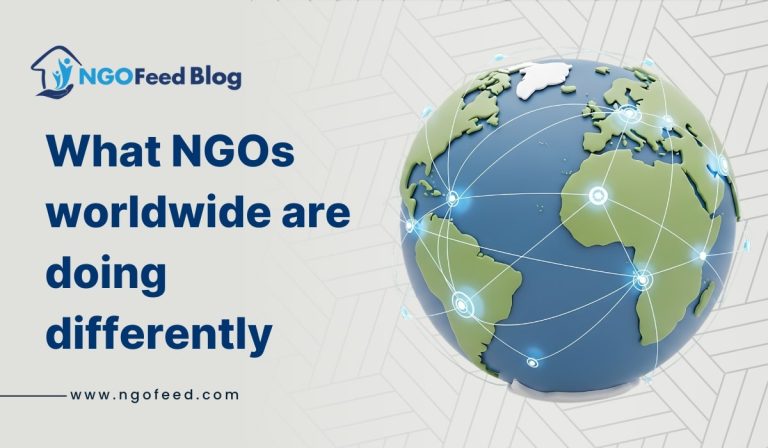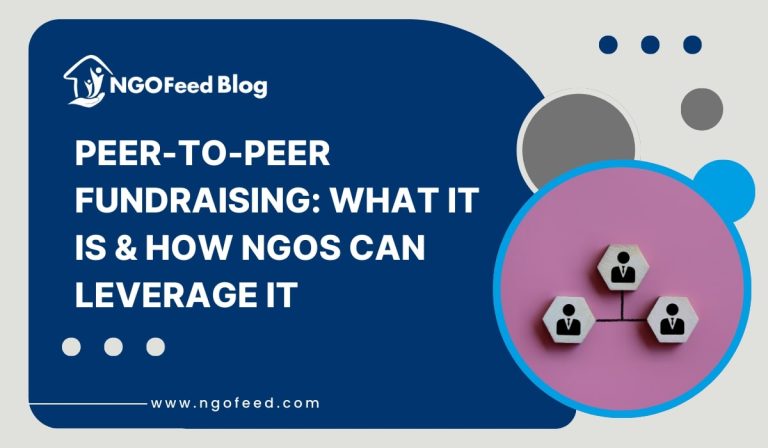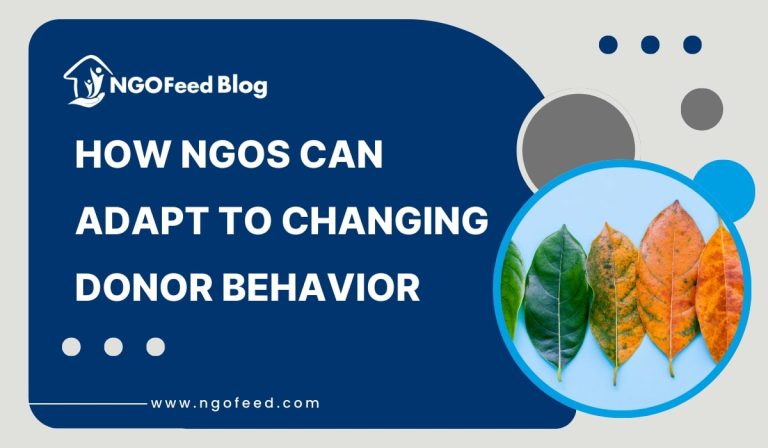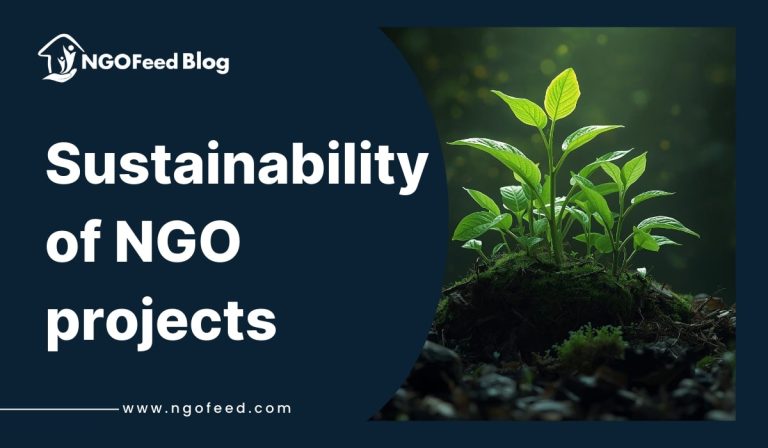How to register an NGO under NITI Aayog: India’s vibrant civil society sector plays a crucial role in bridging the gap between government policies and grassroots needs. To strengthen the collaboration between the voluntary sector and the government, NITI Aayog, India’s premier policy think tank, has introduced a digital platform called the NGO Darpan Portal.
If your organization aims to access government schemes, apply for grants, or gain national-level recognition, registering on this portal is a significant step. Let’s understand how the process works and why it matters.
Table of Contents
How to register an NGO under NITI Aayog
Let’s see: Hera are the key steps if you are aiming to access government schemes for NGOs, receive grants, build credibility in the sector by registering your NGO in the portal.
The NGO Darpan
The NGO Darpan (website) portal is an online platform developed by NITI Aayog and the National Informatics Centre (NIC) that serves as a national database of NGOs and voluntary organizations (VOs).
As per registration, an NGO receives a unique Darpan-ID, which gives it an identity in relation to many government departments, schemes, and funding channels.
This registration is not the same as a legal “Registration of NGO” which is registered under section 8 of the Companies Act. Through NGO Darpan, a digital verification step that helps NGOs build credibility and access government, CSR, and funding opportunities.
Why does registering through NGO Darpan matter?
Create Credibility and Transparency
Registering with the NGO Darpan portal acts as a trust badge for your organisation. once an NGO secures its Darpan ID, government departments, corporate donors, and funding agencies receive a signal that the NGO is officially recognized by NITI Aayog.
This credibility make NGO collaboration smoother with partners and ministers, as they are more likely to engage with NGOs that are verified through the official portal.
NGO Darpan transforms your NGO’s identity from local recognition to national authenticity.
NGO doors open to Government schemes and Grants
Today, most central and state government programs require a valid Darpan ID from NGOs before they can apply for financial aid, projects, and collaborations. Without this registration, even well-qualified and top NGOs in India find themselves ineligible.
This registration ensures your organization doesn’t miss out on major schemes, CSR initiatives, and development partnerships that are designed to empower nonprofits like yours.
Access to Foreign Contributions (FCRA)
A Darpan ID is often a stepping stone toward FCRA registration for NGOs that plan to work with international donors. It validates NGOs’ legal standing and operational transparency, a crucial step for potential foreign partners.
In short, Darpan ID is the foundation of an NGO for building global trust and credibility.
Enhances visibility and Networking
The NGO Darpan portal functions like a national platform where all credible NGOs are registered. After an organization is registered, it is visible to ministries, CSR teams, and like-minded NGOs across India.
For NGOs, it creates visibility, which often leads to collaboration, project partnerships, and knowledge-sharing opportunities.
According to today’s ecosystem, a network can be as valuable as funding itself.
Promotes Accountability and Data-Driven Governance
Beyond recognition, the portal supports India’s move toward transparent, evidence-based policymaking. It helps the government identify active, genuine NGOs working in different development sectors.
At the same time, NGOs can showcase their work, update their data regularly, and prove measurable impact- building stronger trust among donors, policymakers, and the community they serve.
Benefits of Registering an NGO under NITI Aayog
- Unique ID (Darpan ID) for your NGO/VO, which can be referenced in applications.
- Simplified interface for interacting with ministers/ departments for submitting project proposals, grants, and reports.
- It improved compliance and transparency by keeping the profile updated, helping main trust with stakeholders.
- The portal does not charge any fees for registration; its free of cost for all NGOs.
Step-by-Step Process to Register an NGO Under NITI Aayog
Here is a detailed instructional guide you can follow for registration on the portal.
A) Eligibility check
- Before registering on the portal, NGOs must already have a legally registered entity:
- NGOs must be registered under the Indian Trust Act (or respective State Trust Act)
- Registered under the Societies Registration Act, 1860 (or state variant)
- NGOs registered as Section 8 Companies under The Companies Act, 2013
Only these are eligible to register on NGO Darpan.
Note: Individuals or unregistered groups cannot register directly on the portal.
B) Document requirements
- Before starting the process, you must ensure you have documents such as:
- Certificate of registration of your NGOs (trust/society/section 8)
- Your NGOs or VOs must have a PAN card.
- Requirement of Aadhar/PAN of key office barriers (minimum three members: President/secretary/treasurer)
- Basic details such as address proof, contact details, list of members, etc.
- Your NGO’s basic details, such as objective, area of operation, source of funds, date of registration, etc.
C) Registration on the portal
- Search on Google “ngodarpan.gov.in” to open the official portal.
- Click on “Login/Register” after clicking “Sign up”. (Because you are a new user)
- Fill the basic details, which are mentioned, such as NGO name, mobile number, and email Id. Check your email and verify with OTP.
- Enter NGO PAN, set password/ user credentials.
- After logging in and filling the profile details: registration details, key members, working area, and source of funds.
- Upload scanned copies of original documents (registration certificate, PAN, member Aadhaar/ PAN etc.)
- Just submit your profile, and the portal’s admin/ verification team will verify your documents. After approval you will receive a notification/email
- After approval, you can generate your unique Darpan ID and you can download the certificate if needed.
D) Post-registration compliance
- Keep your profile updated: If there is any change in address, key office address, objective, etc. update it on the portal.
- While there is typically no annual renewal fee, profile updates and accuracy are required for ongoing credibility.
Common Mistakes & Tips for NGOs
- Ensure exact match of PAN, Aadhar, registration numbers with official records- mismatches lead to delays.
- Upload clear scans of documents; ensure file size and format meet portal requirements.
- Use a dedicated organization email and mobile number rather than personal ones easier for longevity and audits.
- Check your spam/junk folder for verification emails from NGO Darpan.
- Regularly revisit your portal profile and update change promptly to avoid your NGO appearing inactive or non-compliant.
- Make sure your NGO’s objectives and working areas are clearly stated and align with actual operations – inconsistency may raise doubts.
Additional insights & Trends
Increasingly, CSR donors and government funding agencies are using the Darpan ID as a screening criterion. SO, registration is becoming a must-have rather than just a nice-to-have.
Digital-first compliance is evolving – portals like NGO Darpan signal the sector’s shift toward greater transparency and data-driven monitoring.
For smaller grassroots NGOs, timely registration and profile update can unlock access to central/state funding that was earlier difficult to reach.
The platform also helps in networking- since your NGO becomes discoverable nationally, NGOs working in similar sectors can partner or share learnings.
Conclusion
For any NGO or social welfare organisation in India seeking into make an impact, the step of enrolling on the NGO Darpan portal under NITI Aayog is both strategic and necessary. The process is free, transparent, and straightforward, yet the rewards are substantial: increased credibility, eligibility for schemes and grants, enhanced visibility, and smoother coordination with government bodies and CSR partners.
By preparing your documents carefully, following the registration steps, and maintaining updated information, your NGO can unlock new opportunities and contribute more effectively to India’s development goals.
With NGOfeed’s mission to support NGOs globally, we encourage you to take these digital compliance steps, and use it as a launched for your organisation’s growth and impact.
Frequently Asked Questions (FAQs)
Q1. Is registration on NGO Darpan mandatory?
A1. While it is not compulsory by law for all NGOs, it is important if your NGO intends to apply for central/state government grants, collaborate with public agencies, or receive foreign funding (FCRA).
Q2. How long does it take to get the Darpan ID after submission?
A2. Typically, once all documents are uploaded correctly and validated, you can receive the Unique ID within a few working days. However, actual time may vary depending on verification workload.
Q3. Is there a fee for registration on the portal?
A3. No, registration via the official portal is free of cost. Some legal advisory services may charge for cooperation, but the government portal does not impose any fee.
Q4. Can an NGO update its profile later if there are changes in management or working area?
A4. Yes — the portal allows documented in users to update changes such as key office custodians, address, and functional details. It is important to keep the profile current.
Q5. Will having a Darpan ID guarantee that my NGO will get grants from the government?
A5. Not automatically. The Darpan ID is a precondition in many cases, but grant approvals depend on scheme capability, project quality, fund availability, and other measures. The ID improves your entitlement and transparency, but does not assure funding.

